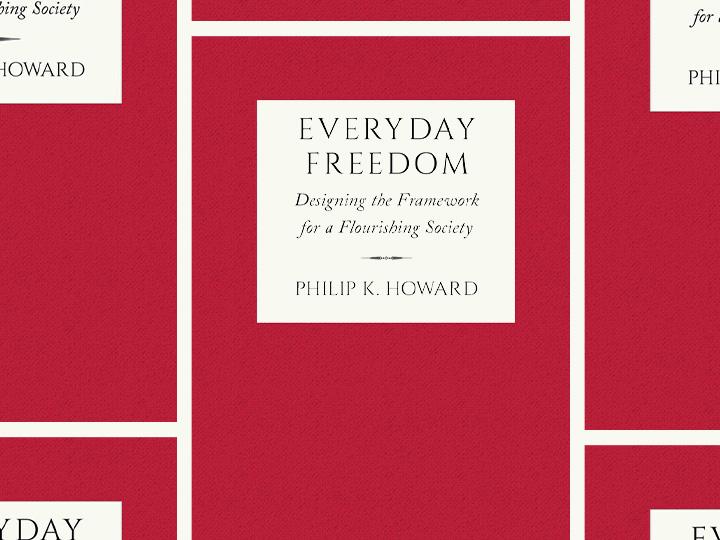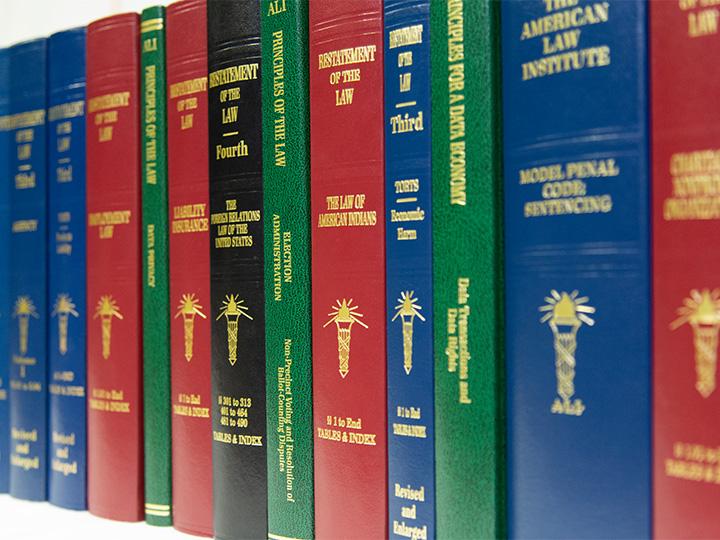The death penalty in the United States, both new convictions and executions, has declined through recent decades. In this episode, we explore the history of the death penalty and the various factors that are contributing to this decline.
Death penalty expert and author of End of Its Rope: How Killing the Death Penalty Can Revive Criminal Justice, Brandon Garrett, talks about this history and the revealing details of his data collection on capital punishment. We are also joined by ALI’s past President Roberta Cooper Ramo and former Judge Christine Durham, who discuss ALI’s removal of the Death Penalty from the Model Penal Code, perhaps one of the earliest indications of the future of capital punishment.

Christine Durham
Christine Durham served as a justice of the Utah Supreme Court from 1982 to 2017 and served as Chief Justice from 2002 to 2012. Prior to becoming Chief Justice, she had served as a Trial Judge for four years, one of them as presiding judge of the Third Judicial District Court.
She was elected to the ALI in February 1984 and to the Council in 1989. She served on the Special Committee on the Death Penalty that was assembled to navigate ALI through the Model Penal Code debates. Additionally, she served on the Members Consultative Group (MCG) for the Model Penal Code: Sentencing project and currently serves on the MCG for the Model Penal Code: Sexual Assault and Related Offenses project. Christine has been active in judicial education, serving as the first chair of the Utah Judicial Council’s Education Committee and a founder of the Leadership Institute in Judicial Education.

Brandon Garrett
Brandon Garrett is the inaugural L. Neil Williams, Jr. Professor of Law at Duke University School of Law, where he has been a professor since 2018. Previously, he was the Justice Thurgood Marshall Distinguished Professor of Law and White Burkett Miller Professor of Law and Public Affairs at the University of Virginia School of Law, where he taught beginning in 2005. His research and teaching interests include criminal procedure, wrongful convictions, habeas corpus, corporate crime, scientific evidence, civil rights, civil procedure, and constitutional law.
Brandon’s recent research includes studies of DNA exonerations and organizational prosecutions. His work has been widely cited by courts, including the U.S. Supreme Court, lower federal courts, state supreme courts, and courts in other countries, including the supreme courts of Canada and Israel. Professor Garrett also frequently speaks about criminal justice matters before legislative and policymaking bodies, groups of practicing lawyers, law enforcement, and to local and national media. Brandon received his BA in 1997 from Yale University. He received his JD in 2001 from Columbia Law School, where he was an articles editor of the Columbia Law Review and a Kent Scholar. He was previously an associate at Neufeld, Scheck & Brustin. Before that, following law school, he clerked for Judge Pierre N. Leval of the U.S. Court of Appeals for the Second Circuit. Duke Law School is an ambitious, forward-thinking, and innovative institution whose mission is to prepare students for responsible and productive lives in the legal profession. As a community of scholars, the Law School also provides leadership at the national and international levels in efforts to improve the law and legal institutions through teaching, research, and other forms of public service.

Roberta Cooper Ramo
Roberta Cooper Ramo served as ALI’s President from 2008 to 2017. As President, she oversaw the Annual Meeting when the membership voted to remove the death penalty from the Model Penal Code. Roberta is currently a shareholder in the law firm of Modrall Sperling, where she concentrates her practice in the areas of mediation, arbitration, business law, real estate, probate, and estate planning.
In 2015, Roberta received the American Bar Association's highest award, the ABA Medal. Roberta previously served as president of the American Bar Association from 1995 to 1996, the first woman in history to lead the largest nationwide organization of attorneys. In 2011, she was elected into the American Academy of Arts and Sciences, adding her name to a prestigious list of members including George Washington and Albert Einstein, among other notables. A Fellow of both the American College of Trust and Estate Counsel and the American Bar Foundation, Roberta also has served as a panel member for the American Arbitration Association. In 2013, Roberta was elected Board Chair of Think New Mexico, a non-partisan think tank, and she serves as a member of the Board of the Santa Fe Opera.
For a transcript of the full episode, please contact communications@ali.org.



